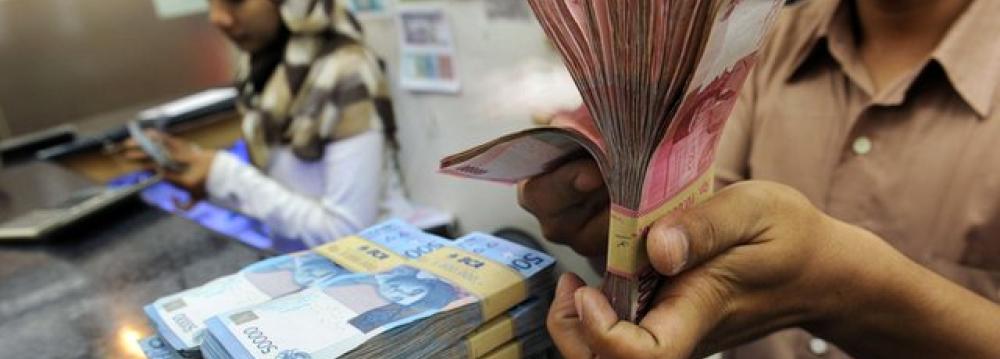The new administration of Indonesian President Joko Widodo (known as Jokowi) that will be inaugurated on Oct. 20 will face a number of major economic challenges.
Real GDP growth slowed to 5.1 percent in Q2 2014 amidst declining exports and a slowdown in investment. The new administration will be constrained in its ability to respond to the unfavorable global environment where rising short-term interest rates in advanced economies could lead to further capital outflows from emerging markets, MENAFN reported.
“We expect Indonesia’s real GDP growth to slow further in 2014-15. Nonetheless Indonesia’s long-term potential remains large if these challenges can be overcome,” the Doha-based Qatar National Bank (QNB) said in its new report.
The tightening of global liquidity emanating from the tapering of Quantitative Easing (QE) in the US has led to periodic bouts of capital outflows from Indonesia since mid-2013 as well as a weaker exchange rate. In response the central bank has hiked interest rates to combat inflation and used international reserves to support the currency while the government has introduced export restrictions on raw minerals. This has contributed to a widening of the current account deficit to 4.3 percent of GDP in Q2 2014 at the same time as the economy slowed.
Counteract
The authorities are relatively constrained in the stimulus they can provide to the economy in order to counteract this slowdown. The budget deficit (projected at 2.4 percent of GDP for 2014) is close to the statutory limit (3.0 percent) imposed by law. In addition the latest data suggests that Indonesia experienced portfolio outflows in August. There is therefore little room to cut interest rates or increase public spending.
The new administration plans to cut fuel subsidies to free up resources for spending on public services and infrastructure investment. However the administration only controls about a third of the seats in parliament through its coalition party. It may therefore be difficult for Jokowi to garner the necessary support to cut fuel subsidies. Furthermore the US Federal Reserve is expected to raise interest rates in 2015 which could spark another round of capital outflows leading to a weaker currency and tighter monetary policy. This would have a negative impact on domestic demand.
Indonesia’s short-term outlook is therefore bleak. Real GDP growth is likely to slow down further for the remainder of 2014 and 2015 to below 5 percent. However the reforms of the new administration if implemented are likely to provide positive dividends for growth and investment over the medium term.


